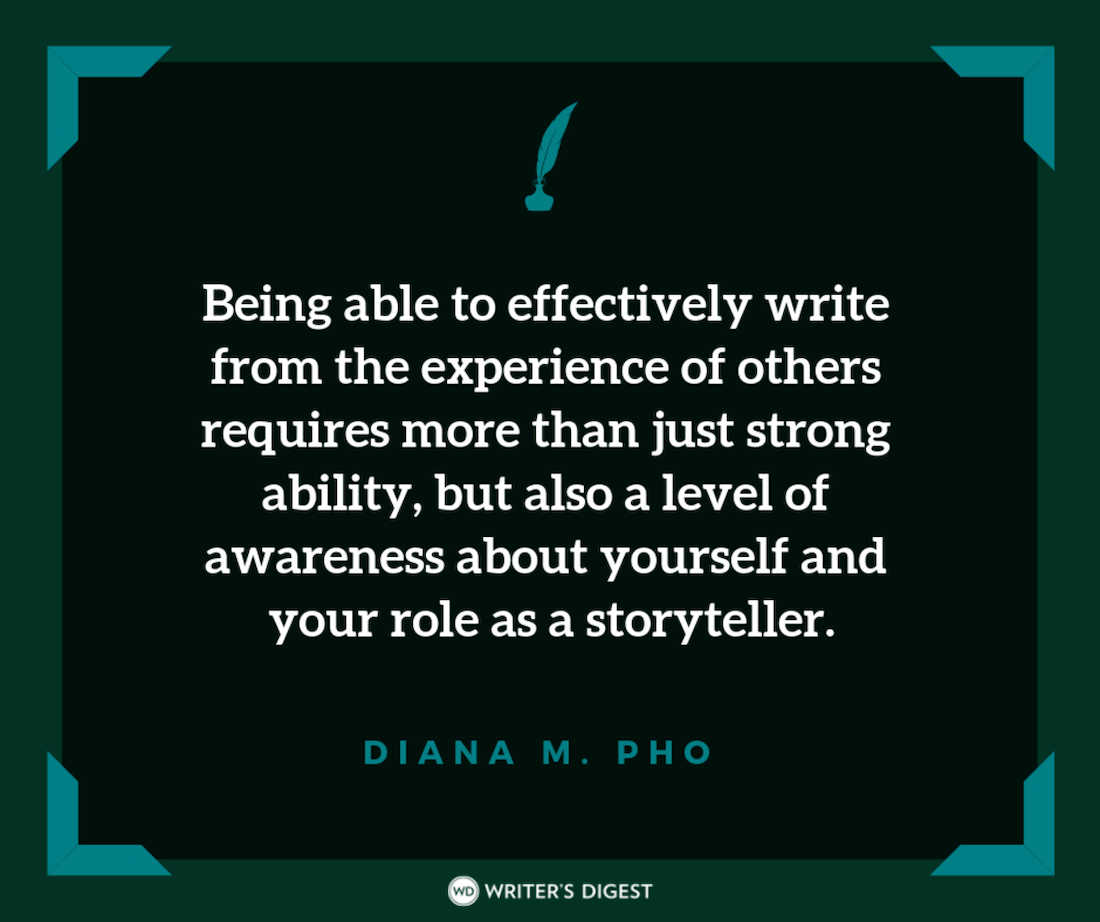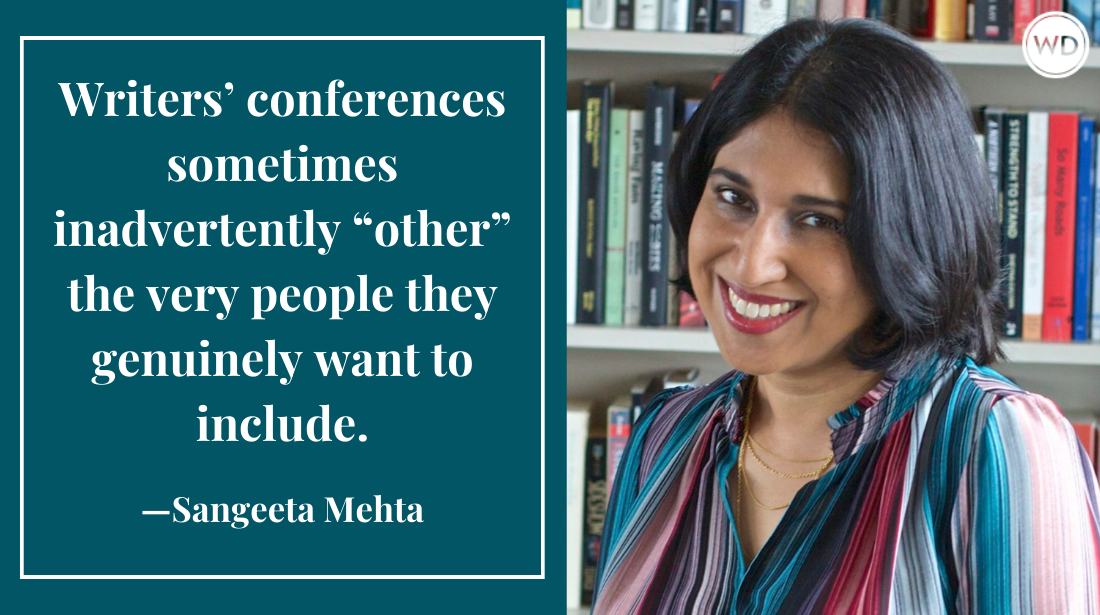Agents Won’t Survive Just By Charging a Higher Commission
Last year, I wrote a piece in Writer’s Digest (September 2009) about the future role of agents. I had three key points: Victoria Strauss over at Writer Beware wrote a…
Last year, I wrote a piece in Writer's Digest (September 2009) about the future role of agents. I had three key points:
- Agents need to innovate on contracts to keep themselves, as well as their authors, alive through the transition. Richard Nash has the right thinking in this area.
- Agents need to partner and focus on the long-term goals of an author's career rather than a specific book sale. (Though, as this post will discuss, the current agenting model does not support this.)
- Agents need to develop new business models for themselves because no one will be able to stay in business "the old way" given the greatest change in the history of media.
Victoria Strauss over at Writer Beware wrote a lengthy post addressing the issue of whether agents are now underpaid at the 15% commission rate, given how much work agents are expected to do aside from make a sale.
She ultimately recommends that agents could/should charge 20%, and allows that agencies may legitimately start offering fee-based services (for non-clients), as well as publishing arms.
The 20% commission rate isn't going to solve a thing. It's like putting a Band-aid on a gushing wound. It won't save anyone whose business is at risk.
Regarding services and publishing operations: I couldn't agree more, though I think the distinction between clients and non-clients is going to evaporate FAST.
The amount of money that's floating to books (and to content in general) is diminishing. That's because there's a TON of supply, and not so much demand. There will be less money to go around for all, but probably just as many people will be interested in writing and authorship.
Publishing cannot possibly sustain the current status quo.
And that current status quo is: Agents can only get paid when they make a sale, and that is the only way they should get paid.
This has to change if the role of the agent is going to have any value or meaning in the future for authors (except for those bestselling authors, whose royalty checks will presumably continue to fund the old model).
Either agents provide a valuable service for non-bestselling authors, or they don't.
I think they do. And as Strauss mentions, you can find agents now who are launching alternative models for serving authors outside of the traditional commission relationship. Check Keller Media or Diversion Books (Scott Waxman). You're going to see more of this. A lot more.
Agents are ideally positioned to be career advisers/managers, or professional consultants. Their role will change, and how clients/authors pay them will change. And as long as transparency is maintained, agents need the leeway to run their business in new, innovative ways, without being unfairly labeled as an illegitimate operation, or as taking advantage of writers.
Undoubtedly there will be much confusion in the years ahead as things transform, and writers will need as much education as ever to form the right partnerships for their career. But agents need to be empowered and given room to innovate as much as the authors.
We can't develop future business models based on fear and protectionism.
Jane Friedman is a full-time entrepreneur (since 2014) and has 20 years of experience in the publishing industry. She is the co-founder of The Hot Sheet, the essential publishing industry newsletter for authors, and is the former publisher of Writer’s Digest. In addition to being a columnist with Publishers Weekly and a professor with The Great Courses, Jane maintains an award-winning blog for writers at JaneFriedman.com. Jane’s newest book is The Business of Being a Writer (University of Chicago Press, 2018).









